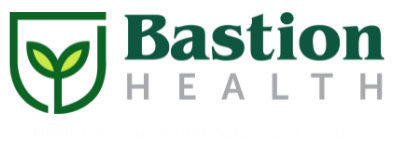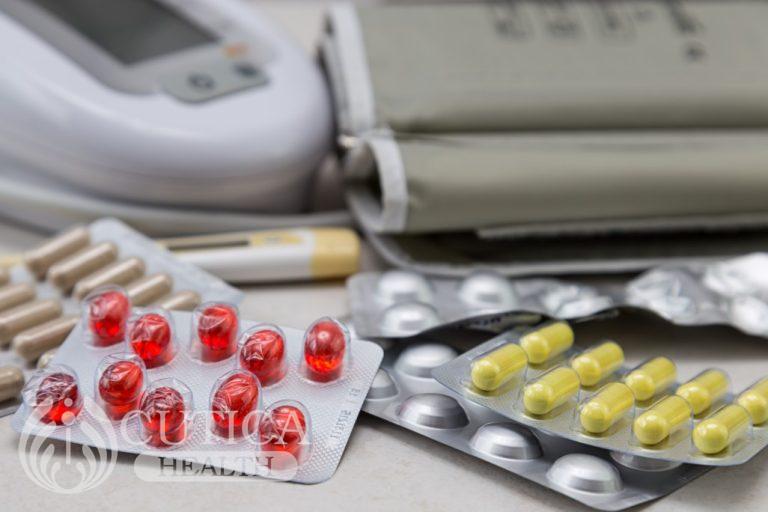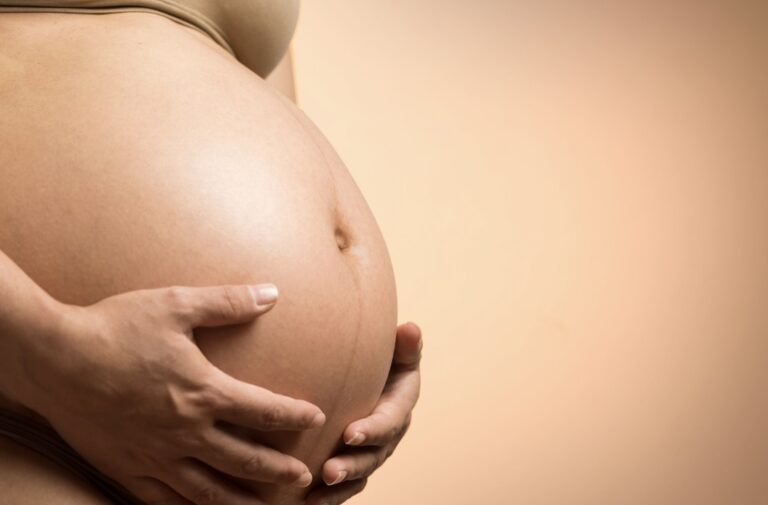Pre-eclampsia, a Different Cause of High Blood Pressure in Pregnancy
Preeclampsia is a complication of pregnancy in which high blood pressure occurs along with organ damage that manifests commonly as abnormal presence of protein in the urine. Preeclampsia presents anytime after 20 weeks of gestation in women with previously normal blood pressure before pregnancy. Preeclampsia can progress to eclampsia, where high blood pressure causes convulsions.
Approximately 10% of pregnant mothers in Africa develop preeclampsia. Annie is among them.
Annie is a 38-year-old lady pregnant with her first child. At 12 weeks gestation, she started attending prenatal clinic at the local mission hospital in Mukuru. At 36+ weeks gestation, Annie noticed swelling of the legs and feet after a shower. She dismissed it with the assumption it was because of the long walk home and standing in the bank hall for hours during the day. The following morning, a severe headache woke her up, plus swollen hands, feet and legs. Annie has had an otherwise smooth pregnancy. It is the first time experiencing such symptoms.
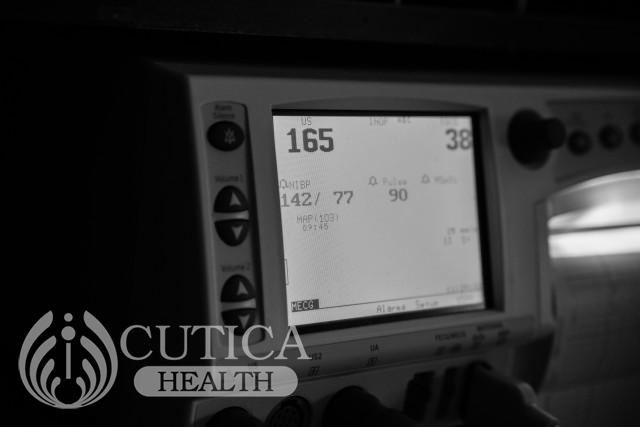
- High blood pressure – exceeding 140/90mmHg
- Protein spillage in urine
- Loss of vision or blurry vision
- Swelling of the feet, legs, hands or face. This is common in normal pregnancy so does not reliably indicate preeclampsia
- Severe headache
- Dizziness
- Nausea and vomiting
- Abdominal pain
- Reduced urine output
- Shortness of breath
What causes preeclampsia
The definite cause of preeclampsia is unknown; however, research has tied it to abnormal development of the blood vessels that supply the placenta, which the unborn baby relies on for growth and development.
Blacks have a higher risk of preeclampsia than other races, suggesting genetics plays a role.
Other risk factors for preeclampsia include:
- Prior preeclampsia
- Having hypertension before pregnancy
- First pregnancy
- New paternity. This means pregnancy with a new partner.
- Extreme ages – very young or older mothers over 35 years.
- Obesity
- Multiple pregnancies
- In vitro fertilization
Preeclampsia differs from other high blood pressure disorders in pregnancy such as chronic hypertension and gestational hypertension.
One major difference is that preeclampsia is associated with new onset of protein in urine and other signs indicative of organ damage.
Can preeclampsia harm you or your baby?
Prompt medical intervention of preeclampsia reduces the chances of the mother or baby developing complications. If untreated, preeclampsia has severe or even fatal complications.
Some of the complications of preeclampsia to the baby are preterm birth, fetal growth restriction, or death.
Complications to the mother include convulsions, placenta abruption (detachment of the placenta from the uterus before labor/delivery), and multi-organ damage.
Prevention and Treatment
There is no sure way to prevent preeclampsia. Blood pressure monitoring in prenatal (antenatal) clinic offers a chance to detect and manage preeclampsia early.

The cure for preeclampsia is early delivery of the baby. Antihypertensives and other medications prescribed by the doctor may help reduce high blood pressure.
After delivery, the mother’s blood pressure may return to normal and symptoms may disappear, but for some, blood pressure remains high, and the woman continues to need blood pressure medication. All in all, monitoring after delivery is crucial.
Preeclampsia is a potentially fatal condition if not detected and treated early. Consequently, pregnant women and women planning to get pregnant should check their blood pressure routinely and initiate antenatal care early.
